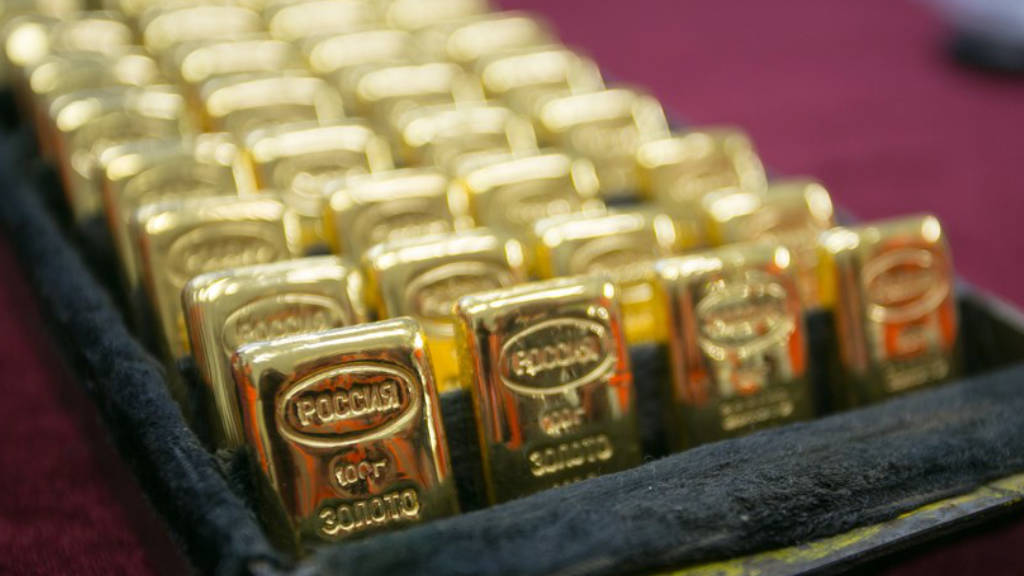September 12, 2024
Some Russian businesses have begun using gold to pay Chinese suppliers to get around US sanctions and threats of sanctions against Chinese banks affecting Russia-China bank transfers. The alternative solution means that gold is purchased in Russia, transported by private courier to Hong Kong, where it is sold, and the cash is deposited into the Chinese suppliers account at a local bank.
Hong Kong is a Free Port and does not levy any import duty on gold, although it is mandatory to declare the gold to Hong Kong customs upon arrival. The declaration process is straightforward, and the associated fees are minimal. Proper declaration however is crucial to ensure compliance with Hong Kong’s regulations and to avoid any legal complications. The process avoids all use of the banking system except for the deposits into secured Chinese bank accounts.
Russian couriers transport the gold and its ownership documents across the border and obtain an authentication seal and receipt signature from Chinese brokers, who then provide cash which can be used to settle transactions with Chinese suppliers.
Hong Kong is a major Asian centre for gold trading as it is a regional hub in the jewellery business. In 2023, it imported about US$16 billion worth of gold, mainly for this industry, and mainly to serve the mainland Chinese market – being a major consumer of gold with a massive middle class consumer population of about 550 million people.
Apparently co-ordinating with this need, the Chinese Central Bank raised the gold import quotas for several of its major banks, anticipating revived demand despite record high prices. The new quotas, aimed at helping the People’s Bank of China (PBOC) control how much bullion enters the world’s leading consumer of the precious metal, were granted in August. Last year, China imported US$3.1 billion worth of gold from Hong Kong. That figure can be expected to increase for 2024.
Russia is the world’s second largest producer of gold, and has some of the world’s largest gold reserves. Russia’s mined reserves at the Central Bank jumped from 1,035 tonnes in 2013 to 2,333 tonnes in 2023. It mined 310 tonnes of gold in 2023 worth about US$26 billion at current prices.

 russiaspivottoasia.com
russiaspivottoasia.com
Some Russian businesses have begun using gold to pay Chinese suppliers to get around US sanctions and threats of sanctions against Chinese banks affecting Russia-China bank transfers. The alternative solution means that gold is purchased in Russia, transported by private courier to Hong Kong, where it is sold, and the cash is deposited into the Chinese suppliers account at a local bank.
Hong Kong is a Free Port and does not levy any import duty on gold, although it is mandatory to declare the gold to Hong Kong customs upon arrival. The declaration process is straightforward, and the associated fees are minimal. Proper declaration however is crucial to ensure compliance with Hong Kong’s regulations and to avoid any legal complications. The process avoids all use of the banking system except for the deposits into secured Chinese bank accounts.
Russian couriers transport the gold and its ownership documents across the border and obtain an authentication seal and receipt signature from Chinese brokers, who then provide cash which can be used to settle transactions with Chinese suppliers.
Hong Kong is a major Asian centre for gold trading as it is a regional hub in the jewellery business. In 2023, it imported about US$16 billion worth of gold, mainly for this industry, and mainly to serve the mainland Chinese market – being a major consumer of gold with a massive middle class consumer population of about 550 million people.
Apparently co-ordinating with this need, the Chinese Central Bank raised the gold import quotas for several of its major banks, anticipating revived demand despite record high prices. The new quotas, aimed at helping the People’s Bank of China (PBOC) control how much bullion enters the world’s leading consumer of the precious metal, were granted in August. Last year, China imported US$3.1 billion worth of gold from Hong Kong. That figure can be expected to increase for 2024.
Russia is the world’s second largest producer of gold, and has some of the world’s largest gold reserves. Russia’s mined reserves at the Central Bank jumped from 1,035 tonnes in 2013 to 2,333 tonnes in 2023. It mined 310 tonnes of gold in 2023 worth about US$26 billion at current prices.

Russia Begins Paying China Traders In Hong Kong Using Couriered Gold - RUSSIA'S PIVOT TO ASIA
Some Russian businesses have begun using gold to pay Chinese suppliers to get around US sanctions and threats of sanctions against Chinese banks affecting
 russiaspivottoasia.com
russiaspivottoasia.com







